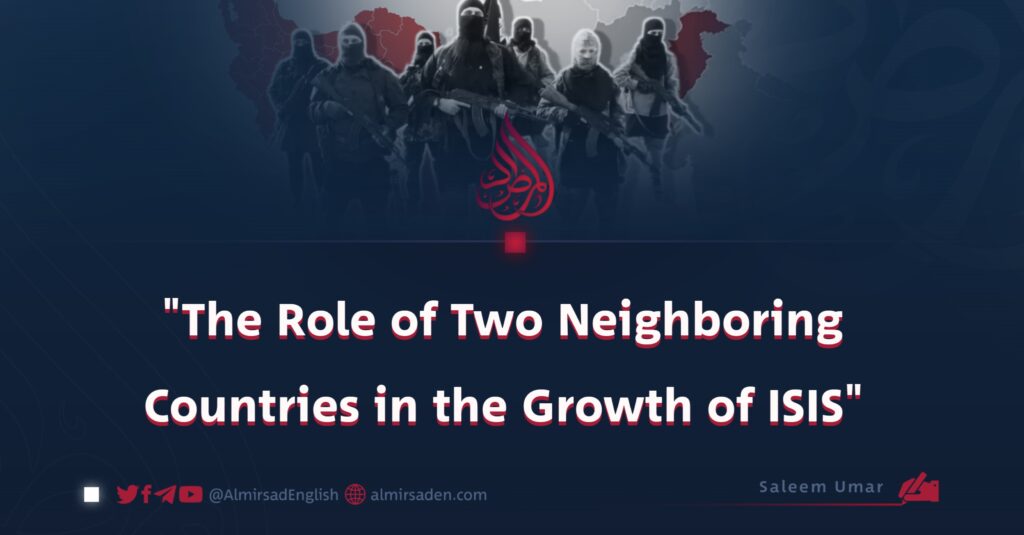Saleem Umar
The ongoing hostile activities between Iran and Pakistan are no secret. The Iranian government has provided safe havens and military training camps to a significant number of Pakistan-opposed Baloch militants in cities near the Pakistani border such as Saravan, Iranshahr, Taftan, and others. These militants carry out military operations in Pakistan under the direction of Iran.
On the other hand, Pakistan has employed a similar strategy by offering safe havens and military training centers to the Iran-opposed group, Jaish al-Adl, near the Iran border. These operations are also reportedly managed by Pakistani institutions.
The Pakistani government has given Jaish al-Adl control over a large area adjacent to the border in places like Panjgur, Dik, Dalbandin, Nushki, Turbat, and Taftan, where they openly transport weapons, raid the homes of Pakistan-opposed individuals, and carry out arrests.
Although Jaish al-Adl presents itself as a jihadist group seeking revenge for their oppressed Sunni community, given that the Pakistani military provides them with these facilities, Jaish al-Adl inevitably acts on the direction of the Pakistani military in responding to Iranian attacks.
An important point to note here is that despite the ongoing conflicts between Pakistan and Iran, both countries are equally involved in facilitating the rise of the ‘ISIS’ threat, a plan devised by major regional powers. They provide ISIS with logistical support, sensitive information, and weapons to destabilize Afghanistan and further their own agendas.
According to available information, Iran has provided ISIS with safe havens in several cities in its Balochistan province, where they recruit young people through propaganda. These recruits are then sent to Pakistan’s Balochistan province for military training.
Research indicates that in various border areas between Saravan and Pakistan, such as KalaKan, Nahok, Jalq, and Esfandak, individuals are openly disseminating ISIS propaganda and promoting foreign ideologies among the populace.This is happening at a time when both Iran and Pakistan frequently make statements in their media accusing the Islamic Emirate of Afghanistan of failing to take effective measures against the ISIS threat.
These false accusations are being made even though, since the establishment of the Islamic Emirate, the eradication of ISIS has been a top priority, with numerous successful operations carried out which eliminated the group’s presence in Afghanistan.
